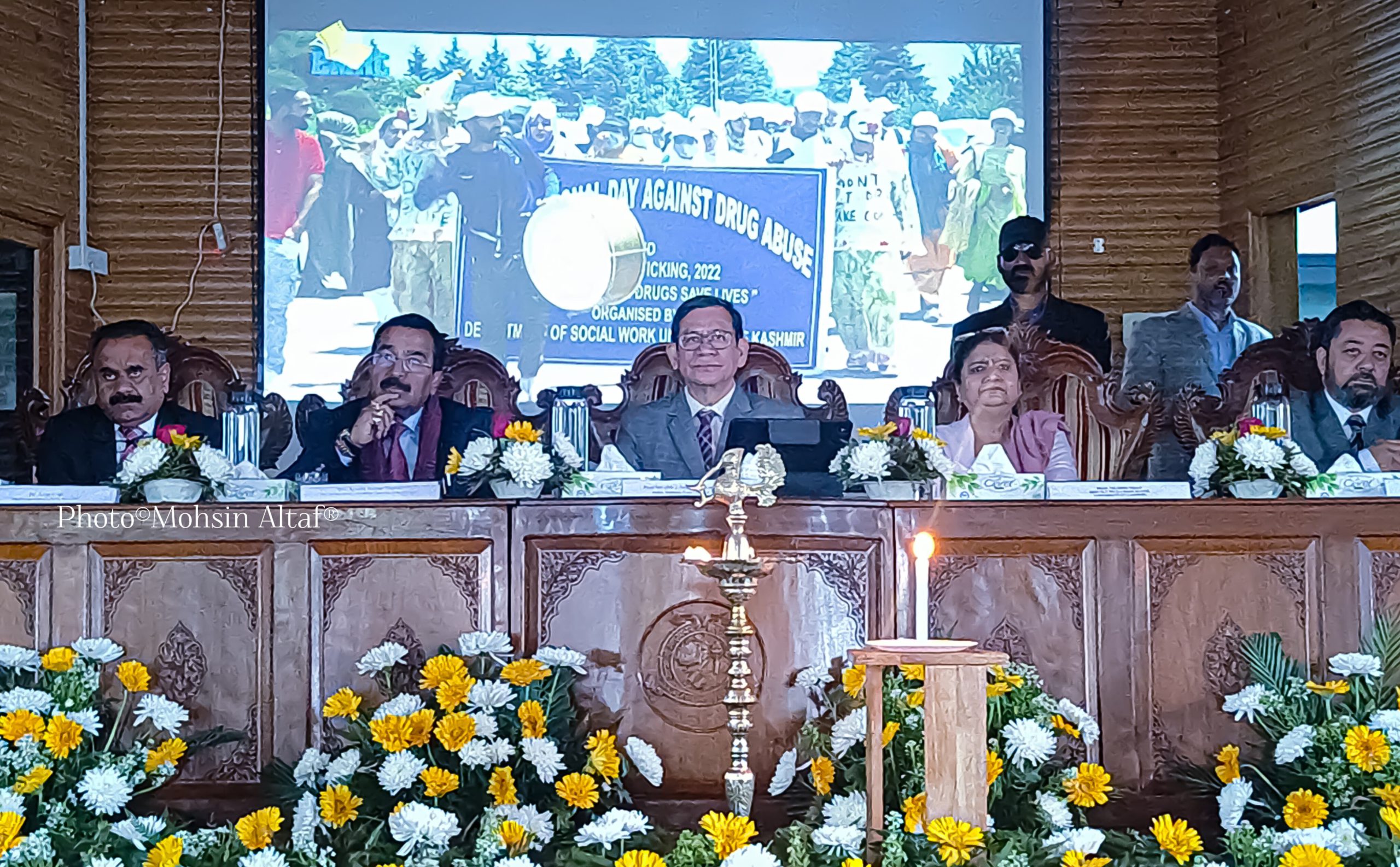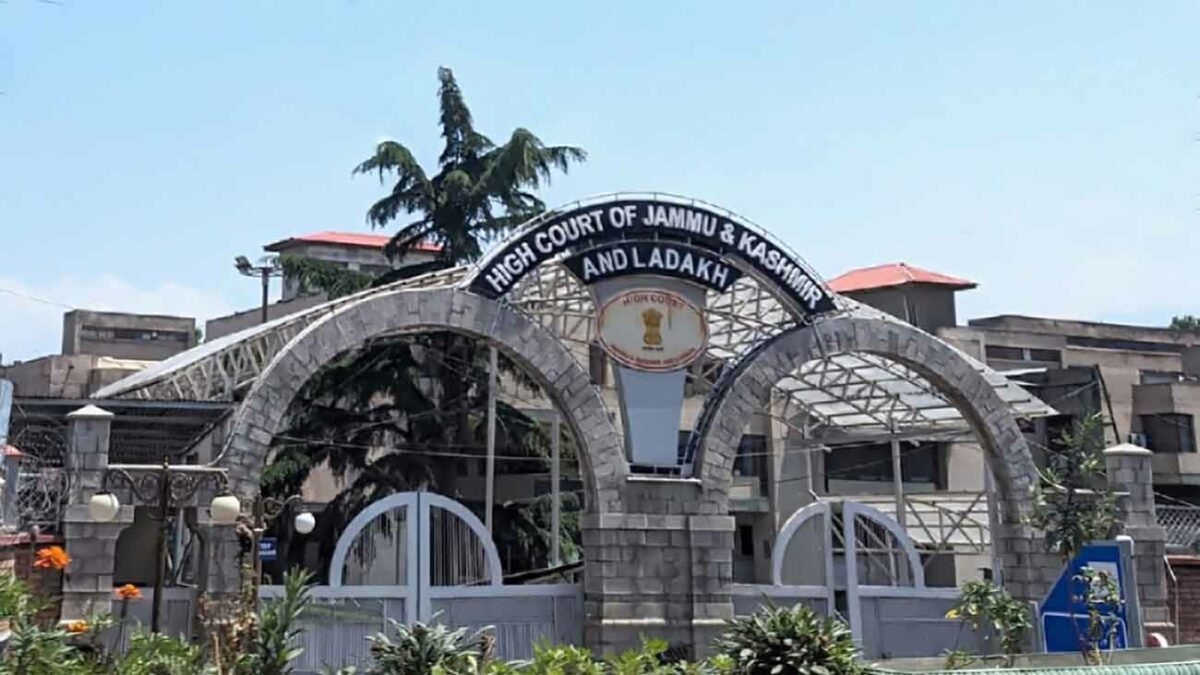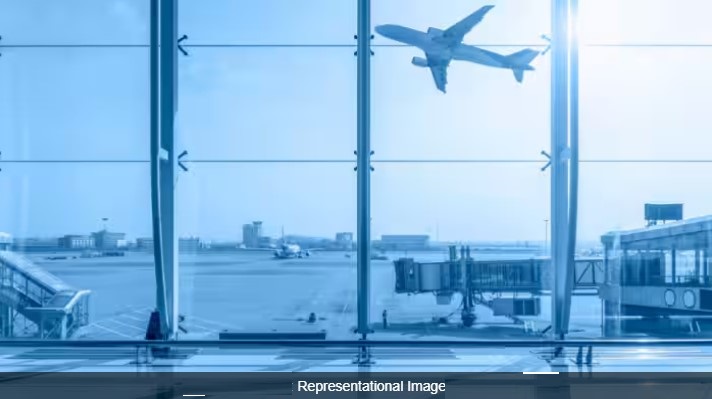Srinagar, April 5: In a significant development in the ongoing legal battle over Jammu and Kashmir’s revised reservation policy, the Social Welfare Department of the J&K Government on Friday submitted a detailed affidavit before the Hon’ble High Court, vigorously defending the amended reservation rules and urging the court to dismiss the writ petition filed against them.
The affidavit was filed in response to Writ Petition (Civil) No. 2762/2024, titled Zahoor Ahmad Bhat & Others vs. Union Territory of J&K & Ors., which challenges the J&K Reservation (Amendment) Rules, 2023. The petition had alleged that the revised policy unfairly alters the structure of reservations for jobs and educational institutions in the Union Territory, violating constitutional guarantees of equality and merit.
Government’s Key Arguments in the Affidavit
According to highly placed sources familiar with the affidavit, the government has:
• Defended the legitimacy and necessity of the revised reservation quotas, stating that the new policy was formulated after due diligence, legislative approval, and constitutional vetting.
• Asserted that empirical data was considered while restructuring the quota system, including socio-economic indicators, educational backwardness, and regional disparities.
• Stated that the petitioners have not produced any substantial evidence or statistical backing to prove how the new reservation system violates Article 14 (Right to Equality) or Article 16 (Equality of opportunity in public employment) of the Constitution.
• Described the petition as a “misconceived challenge” lacking legal merit, driven more by apprehension than fact.
“The amendments are part of the government’s constitutional duty to ensure equitable representation for the historically disadvantaged and under-represented groups in public employment and higher education,” the affidavit reportedly reads.
The government also highlighted that such affirmative actions are in alignment with national policies and conform to decisions upheld by the Supreme Court of India regarding reservation in socially and educationally backward regions.
The petitioners, including Zahoor Ahmad Bhat and a group of aspirants for public employment, have challenged the reduction in the Open Merit quota from 57% to 33%, and the modification of percentages for several other reserved categories, which include:
• Scheduled Tribes (ST): Increased from 10% to 20%
• Residents of Backward Areas (RBA): Reduced from 20% to 10%
• Social Castes: Increased from 2% to 8%
• New Categories Introduced:
o 3% for children of Defence Personnel
o 1% for children of Police Personnel
o 2% for Sportspersons
The petitioners have argued that these changes are arbitrary, unconstitutional, and devoid of rationale, further stating that they adversely impact merit-based selection and fair competition, especially in a Union Territory with limited government employment opportunities.
They have also demanded the formation of an expert commission to conduct a transparent review of the reservation criteria and rationalize the percentages to reflect current socio-economic realities.
The High Court had earlier issued notices to the government seeking its reply. With the affidavit now filed, the case is expected to take a crucial turn in the next hearing, scheduled for April 15, 2024.
Legal analysts following the case say that the outcome could have far-reaching implications for reservation jurisprudence in the region, particularly as similar policy shifts are under judicial review in other Indian states.
The reservation amendments have drawn mixed reactions across Jammu and Kashmir. While several marginalized communities and advocacy groups have welcomed the increased representation, many open merit aspirants and civil society members have expressed concerns over the shrinking space for merit-based selection.
Political parties, too, have weighed in. Some regional parties have called for a review mechanism that balances affirmative action with merit and opportunity, while others have defended the government’s decision as a step toward correcting historical injustices.
With the government’s firm stance now on record, all eyes are on the judiciary as it prepares to weigh the constitutional balance between affirmative action and equal opportunity. The April 15 hearing is expected to see detailed legal arguments from both sides, potentially setting a precedent in the reservation policy landscape of the Union Territory.









